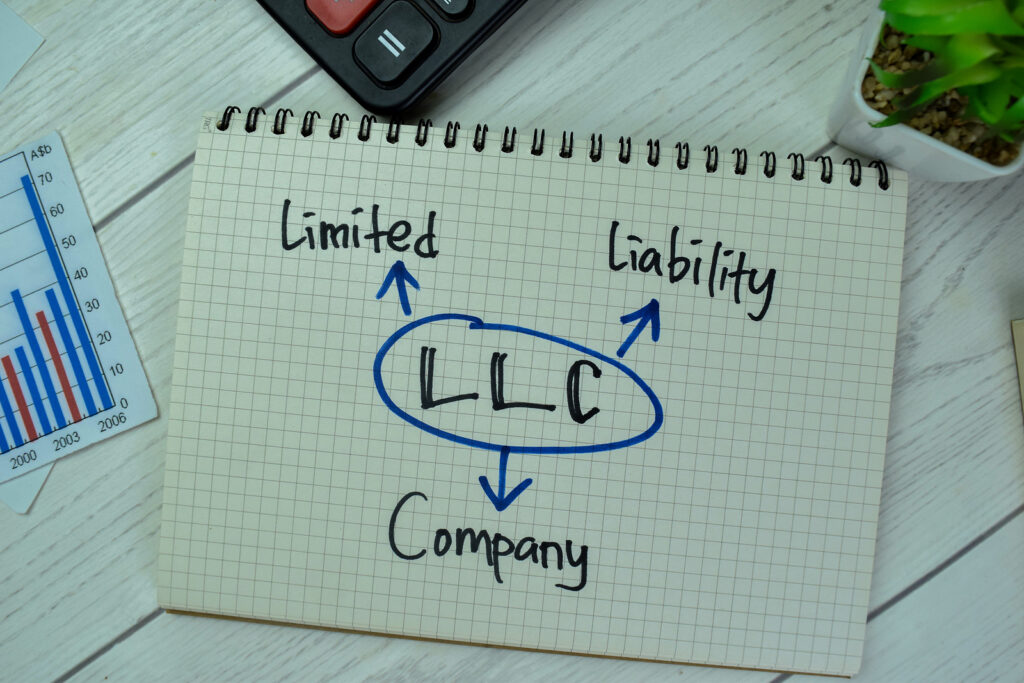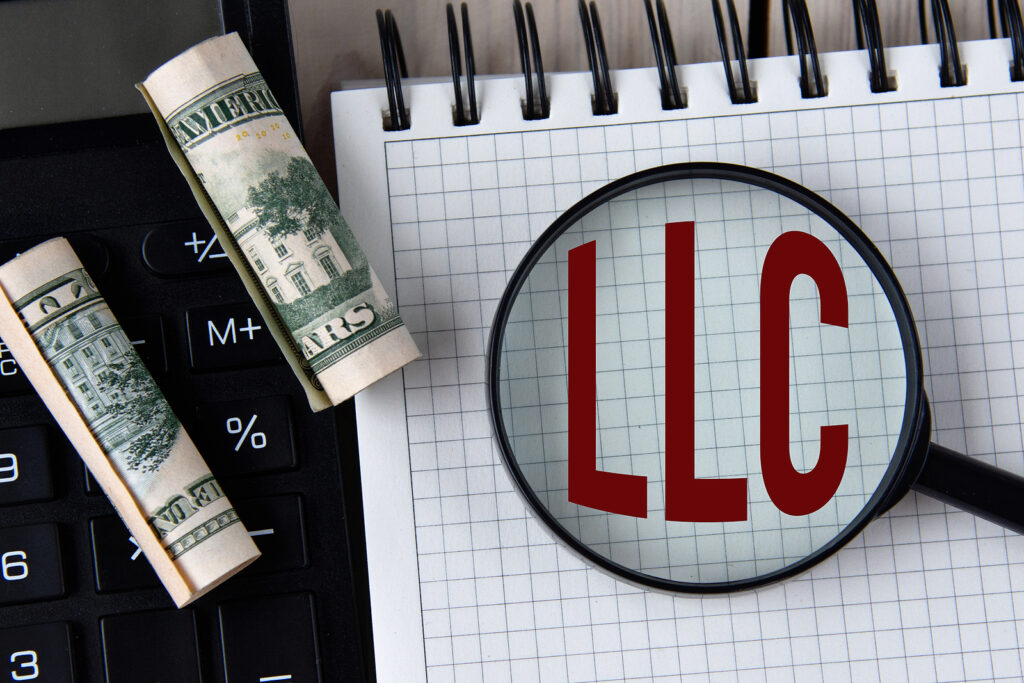If you are considering starting a business, you’re almost certainly going to face the decision of choosing what kind of business to form. Two of the most common options that new business owners are faced with are LLCs (Limited Liability Companies) and Corporations. To assist you with this decision below we’ve outlined one of these options, LLCs.
What is an LLC?
A Limited Liability Company (LLC) is a type of business entity that combines the liability protection of a corporation with the flexibility of a partnership. Like a corporation, an LLC is a separate legal entity from its owners (members), which means that the LLC can enter into contracts, own property, and take legal action in its own name. However, unlike a corporation, an LLC is not required to hold regular meetings or follow strict formalities.
Benefits of an LLC
Entrepreneurs may choose to form an LLC for several reasons, including:
- Limited liability: Like a corporation, an LLC offers personal liability protection for its members. This means that if the LLC is sued or goes bankrupt, the members’ personal assets (like their homes or cars) are generally protected.
- Tax flexibility: An LLC can choose to be taxed as a sole proprietorship, partnership, S corporation, or C corporation, depending on its specific needs and circumstances. This can offer significant tax benefits and flexibility.
- Fewer formalities: Unlike a corporation, an LLC is not required to hold regular meetings or follow strict formalities. This can make it easier and more cost-effective to run the business.
- Flexibility: An LLC can be owned and managed by just one person or by multiple members, and the members can have different levels of involvement and decision-making power.

Steps to form an LLC
Now that we’ve covered the benefits of forming an LLC, let’s take a closer look at the steps involved in the process. Keep in mind that the specific requirements may vary depending on your state or country, so be sure to check local requirements before getting started.
- Choose a name: Your LLC will need a unique name that is not already in use by another business in your state. You can check the availability of your desired name by searching your state’s business name database.
- File articles of organization: This is the legal document that establishes your LLC as a separate legal entity. You will need to include information such as your LLC’s name, address, purpose, and the names of its members. You will also need to pay a filing fee, which varies by state.
- Draft an operating agreement: An operating agreement is a legal document that outlines how your LLC will be run, including how profits and losses will be allocated, how decisions will be made, and how members can join or leave the LLC.
- Obtain necessary licenses and permits: Depending on your industry and location, you may need to obtain certain licenses or permits before you can begin operating your LLC.
- Obtain an Employer Identification Number (EIN): This is a unique nine-digit number assigned by the IRS that identifies your LLC for tax purposes. You can apply for an EIN online for free.
- Register for state and local taxes: Depending on your state and city, you may need to register for various taxes, such as sales tax or payroll tax.

Forming an LLC can offer significant benefits such as limited liability, tax flexibility, fewer formalities, and flexibility in ownership and management. If you are considering forming an LLC, be sure to research the specific requirements for your state or country and consult with a business attorney at Private Corporate Counsel. With the right guidance, forming an LLC can be a key step in building a successful and sustainable business.